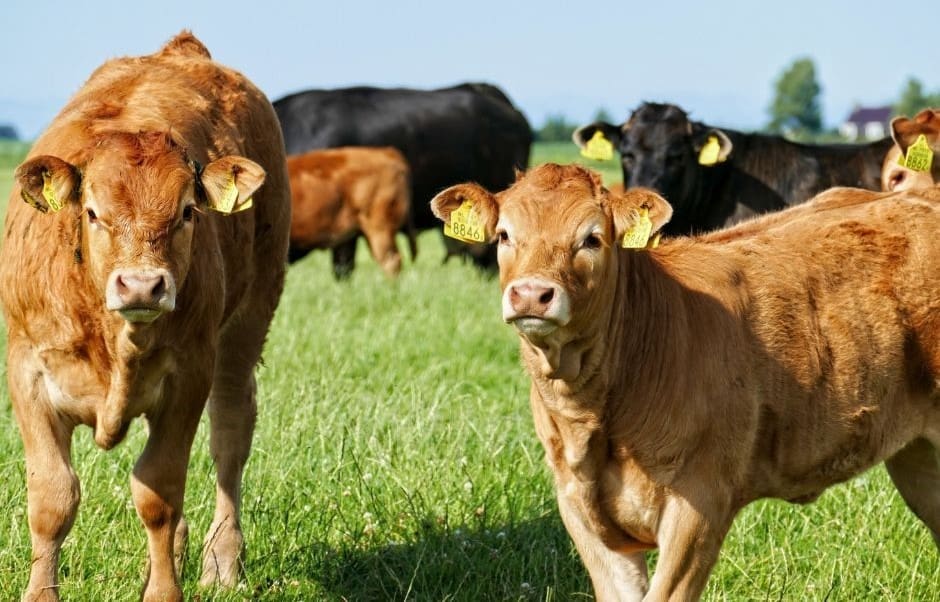Excessive sun exposure and poor-quality water can significantly impact health, and this is also true for cattle, according to experts from the Kansas State University Beef Cattle Institute on a recent Cattle Chat podcast.
K-State veterinarian Bob Larson emphasized the importance for beef producers to regularly monitor both their cattle and their pastures and water supplies.
If producers observe cattle with skin lesions, such as redness and swelling, the animals might be experiencing photosensitization, according to Larson.
Photosensitization in cattle can occur if they consume photodynamic agents or suffer from liver damage that impairs chlorophyll metabolism. St. John’s Wort, a common plant in Kansas, can cause this condition, though it’s not the only cause. Some antibiotics can also induce photosensitivity.
To identify the specific condition affecting the cattle, it is advised that producers work with veterinarians for diagnostic testing. If liver damage is involved, the prognosis may be poor, but removing cattle from affected pastures generally improves recovery chances. Palliative care is typically the only treatment available.













